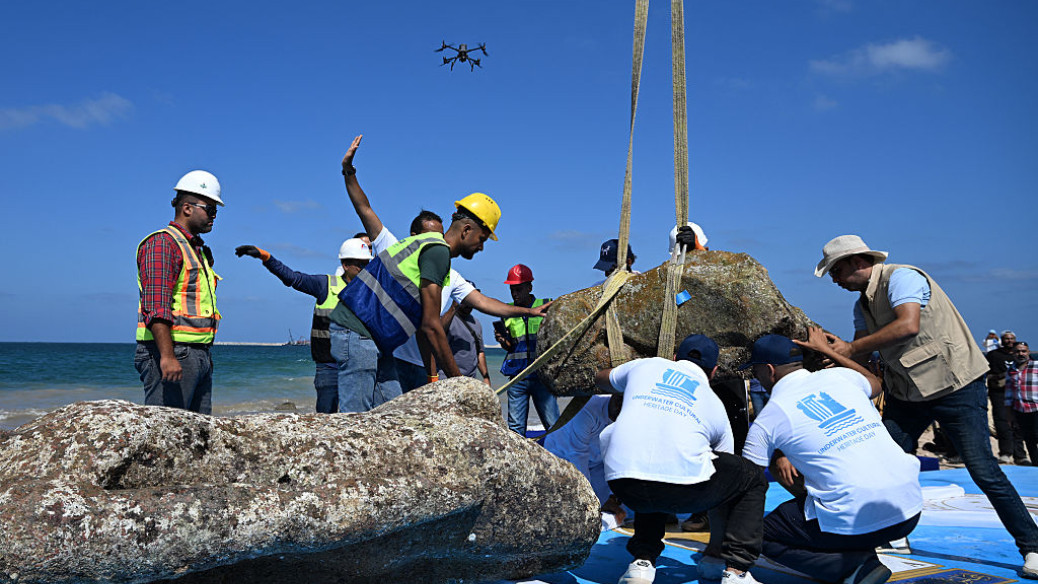In a remarkable archaeological breakthrough, Egypt has announced the discovery of 2,000-year-old ruins lying beneath the waters of Alexandria, shedding new light on the city’s ancient maritime history.
The Ministry of Tourism and Antiquities confirmed that the submerged site, believed to date back to the Greco-Roman period, was uncovered during underwater excavations carried out by a joint Egyptian-French mission. The findings include remnants of temples, pottery, statues, and architectural fragments that suggest Alexandria’s once-thriving coastal settlements extended further into the Mediterranean than previously thought.
Officials say the ruins may be linked to ancient royal quarters or sacred structures that succumbed to natural disasters, including earthquakes and rising sea levels, which reshaped the city’s coastline over centuries.
Dr. Mostafa Waziri, Secretary-General of the Supreme Council of Antiquities, described the discovery as “a significant step in uncovering the hidden layers of Alexandria’s heritage,” adding that the site could provide clues about trade, religion, and daily life in one of the ancient world’s most influential cities.
Plans are underway to study and preserve the site, with hopes of developing underwater tourism experiences that would allow divers and visitors to witness firsthand the submerged wonders of Alexandria’s past.
The discovery further cements Egypt’s status as a treasure trove of history, captivating both scholars and the global public with its ability to reveal secrets buried for millennia.
